As a professional...
Why use varnish on the surface of the printed tin box?
For customers who have customized printed tin boxes, they are no strangers to varnishing. After we finish printing the tin box, we need to use varnish on the surface of the tin box. What is the reason behind this? This article tells everyone that varnish is colorless, odorless, strong gloss, fast drying, chemical resistance and other characteristics.
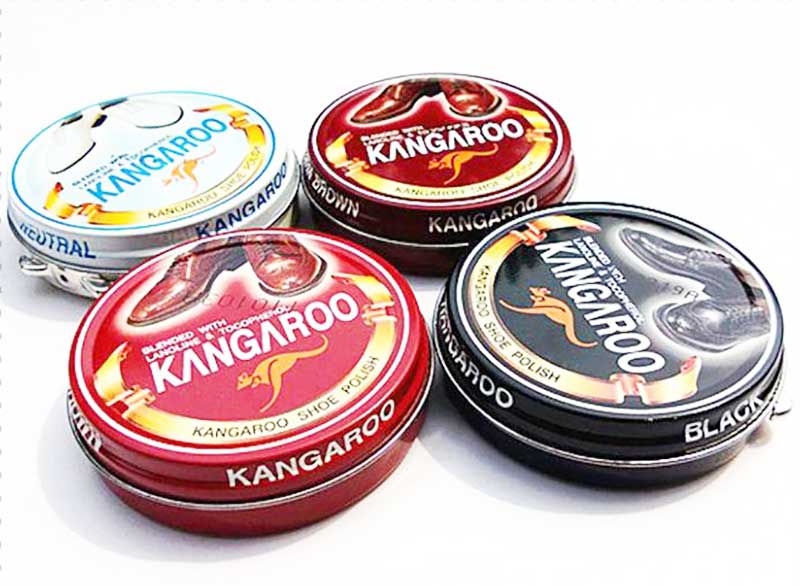
The effect of glazing after the tin box is printed
①Increase the surface gloss of printed matter;
②Enhance the friction resistance of printed matter;
③Increase the special effects of printed matter, like local UV, convex oil, ice and other screen printing processes;
④ To increase the smoothness of printed matter, products such as playing cards are most commonly used;
⑤Enhance the moisture resistance of the printed matter, make the surface of the printed matter less susceptible to moisture and deformation, and make the printed matter more durable
Varnishing is to print a layer of transparent varnish on the surface of the printed tin box. On the one hand, it is for aesthetics and on the other hand to protect the cover. It has a little waterproof effect. Sometimes it is full-plate varnish, sometimes only partial The advantages of varnishing and coating the surface of the iron box are as follows.
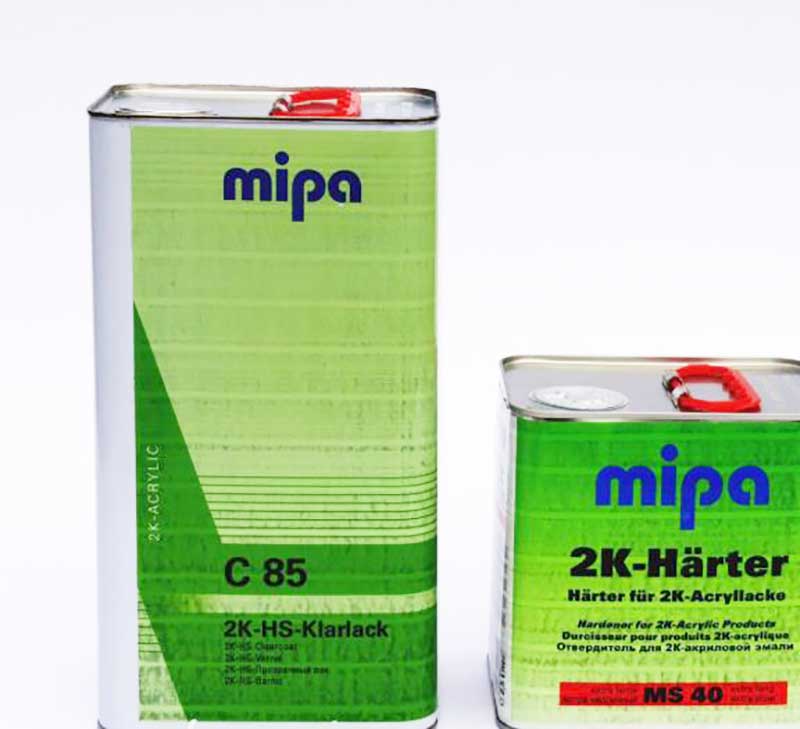
1. Have a certain degree of flexibility
Any bright film formed on the surface of the printed iron box must maintain good elasticity to conform to the flexibility of the iron plate or cardboard without causing cracks or ruptures or falling off.
2. The film has high transparency and does not change color.
For decorative printed tin boxes, it depends on the surface of the printed sheet to form a colorless and transparent film to obtain an excellent glazing effect, and the image will not change color after drying. Moreover, it will not change color or turn yellow due to the sun or long-term use.
3, wide applicability for post-press processing
After the printed tin box is coated with glaze, it usually needs to be processed by post-processing, such as: stamping processing, hot stamping and aluminum processing. therefore. The glazing film layer is required to have a wide range of applicability after printing. For example: good heat resistance, hot stamping of aluminum, no adhesion phenomenon; high solvent resistance, the dried film layer cannot be foamed, wrinkled or fluffed due to the influence of the adhesive in the post-processing. Sticky phenomenon.
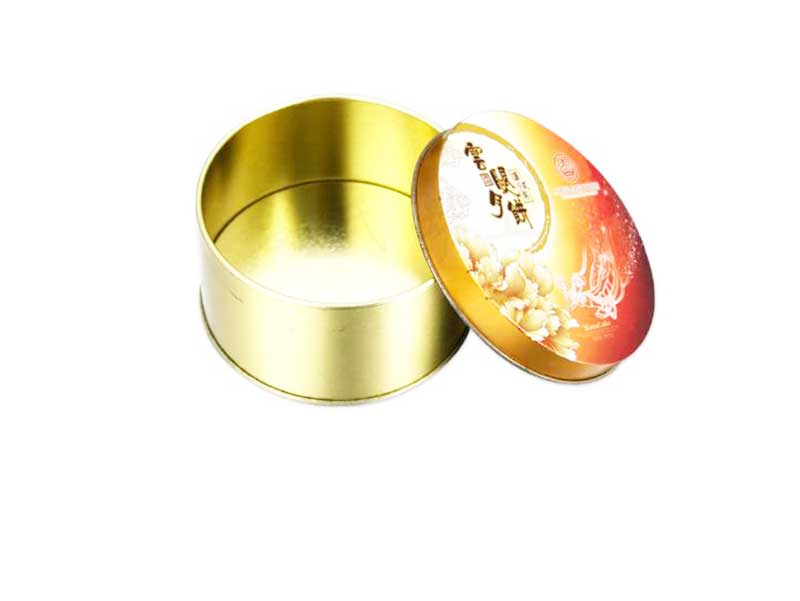
4, the film layer has better environmental performance
Some printed materials are used to make various types of packaging cartons. In order to provide good protection for packaged products, it must have good environmental resistance of the glazed film layer. For example, the iron box packaging of food, cigarettes, cosmetics, clothes, etc. must have moisture and mildew resistance. In addition, the chemical properties of the film should be stable after drying. By contacting chemical substances such as weak acids or weak bases in the environment, the performance cannot be changed.
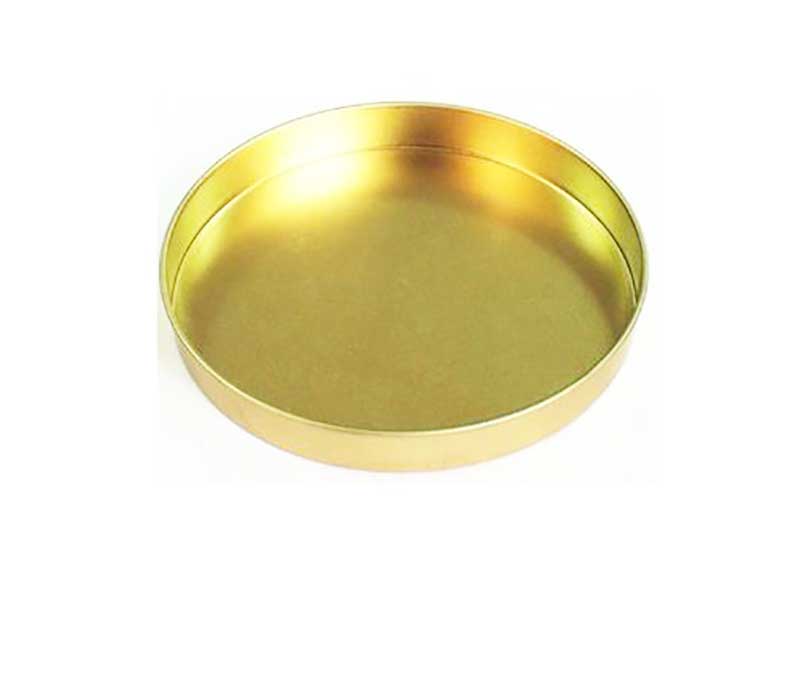
5. There is a certain degree of adhesion to the surface of the printed tin box
Due to the influence of the integral density value of the ink layer on the surface, the surface viscosity is greatly reduced. In order to prevent the film from drying and peeling during use, film adhesion is required, and various types of inks and inks are used. The auxiliary materials have certain adhesion.
6. The film has a certain degree of wear resistance
Some printed tin boxes require a certain degree of abrasion resistance and scratch resistance after being glazed. Since the surface of the printed tin box is rubbed during the production process of high-speed cartoning machines, packaging machines, and stamping machines, it must have abrasion resistance.
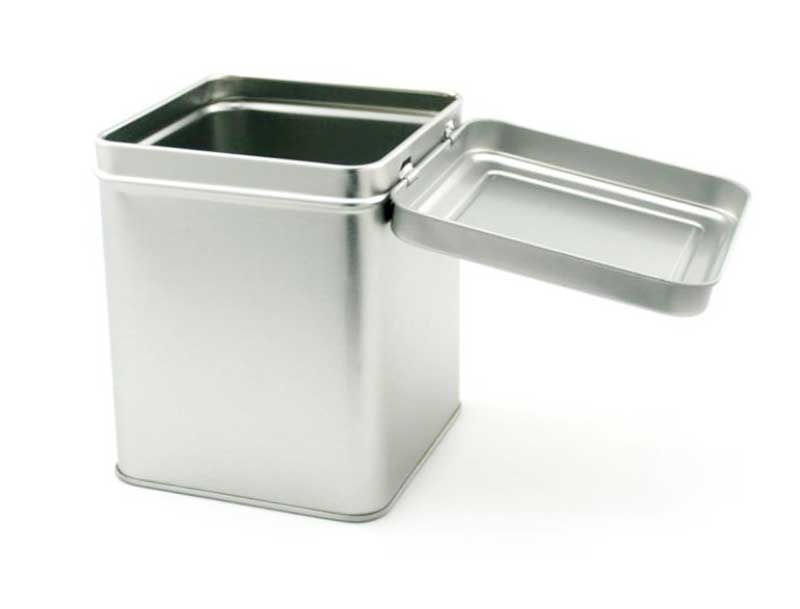
7.good leveling, smooth paint film surface
Various printing materials, combined with the effects of printed graphics, surface absorbency, smoothness, wettability, etc., in order to make the glaze coating form a smooth film on the surface of different products, a varnish is required. The leveling performance is good, and the film surface is smooth after film formation.
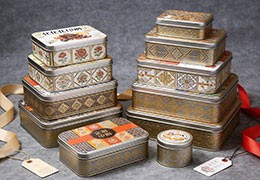
.png)
.jpg)
.jpg)
.jpg)
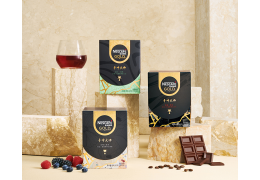
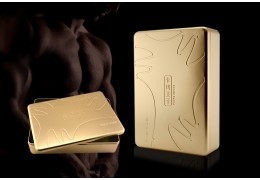
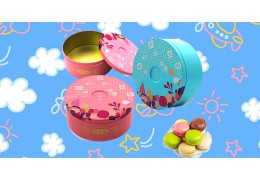

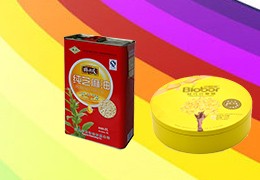






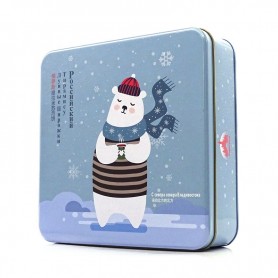

Latest comments